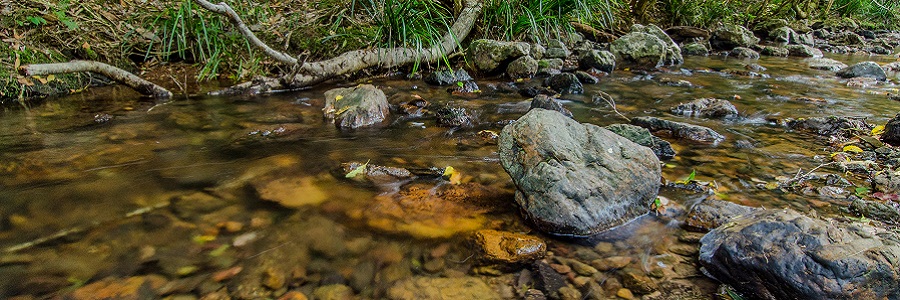Environmental Trust - Coastal rivers and estuaries project

Status:
Advice provided
Advice date:
July 2021
Summary
The Environmental Trust engaged the Commission to investigate how the Trust could invest strategically to achieve significant improvements in the health of coastal rivers and estuaries.
We provided a summary of findings in July 2021 after literature and data review, consultatiing with more than 25 key stakeholders, organising stakeholder workshops, and meeting with the Trust's Advisory Group.
We found that the Trust has a significant opportunity to better coordinate, leverage and effectively target investment. Climate change is a key threat to the health of coastal catchments in NSW. Understanding and addressing these changes is essential if investments are to have optimal impact on the health of coastal rivers and estuaries.
In July 2021, we also proposed an investment strategy that aims to build the resilience of coastal rivers and estuaries to climate change impacts through investment.
The investment strategy proposes proof-of-concept trials that will test appropriate methods to build resilience in coastal catchments at the catchment or sub-catchment scale. Evidence will be collected to assess costs, benefits and effectiveness, and to highlight successful methods. The findings will be used to determine best practice approaches that can be transferred and applied elsewhere, including making them available to coastal catchment managers and stakeholders. The focus will be to develop a best practice guide to build the resilience of coastal catchments to climate change impacts. This will effectively form the next generation approach for investment by all stakeholders in the health of coastal rivers and estuaries.
The Trust and the Commission published a guide providing good practices in riparian rehabilitation. The guide provides benchmarks that set a minimum standard for the Trust’s investment in riparian rehabilitation projects. By adopting these benchmarks, a project is more likely to achieve beneficial ecological outcomes.
Key documents
- Summary of findings (July 2021)
- Proposed investment strategy (July 2021)
- Good practices in riparian rehabilitation
